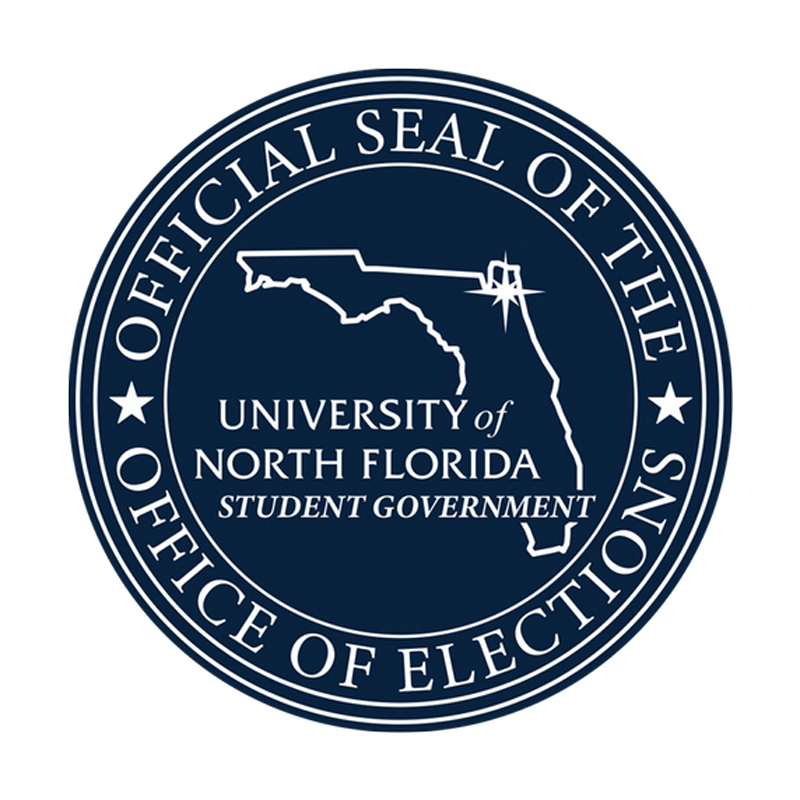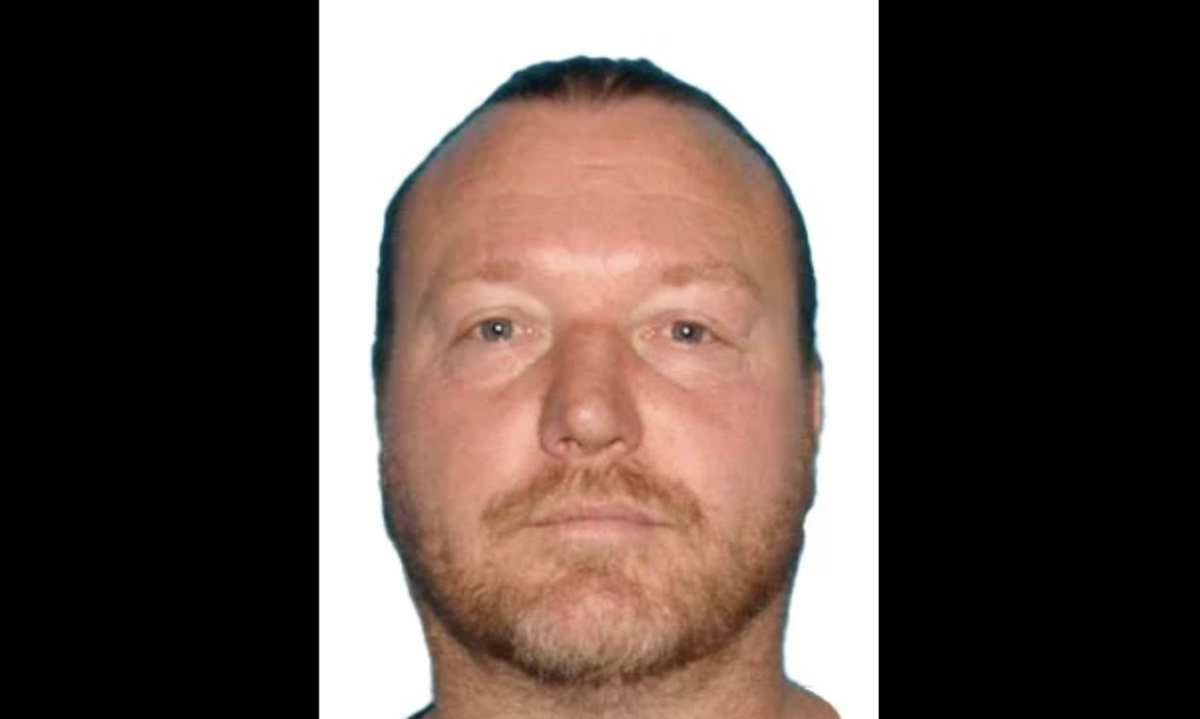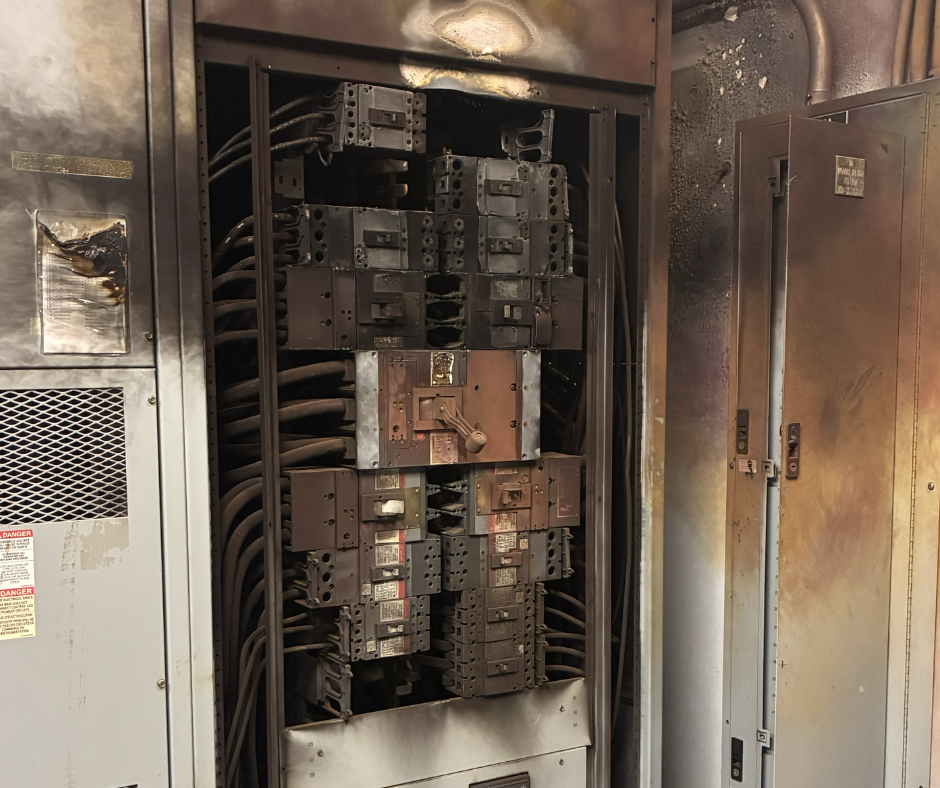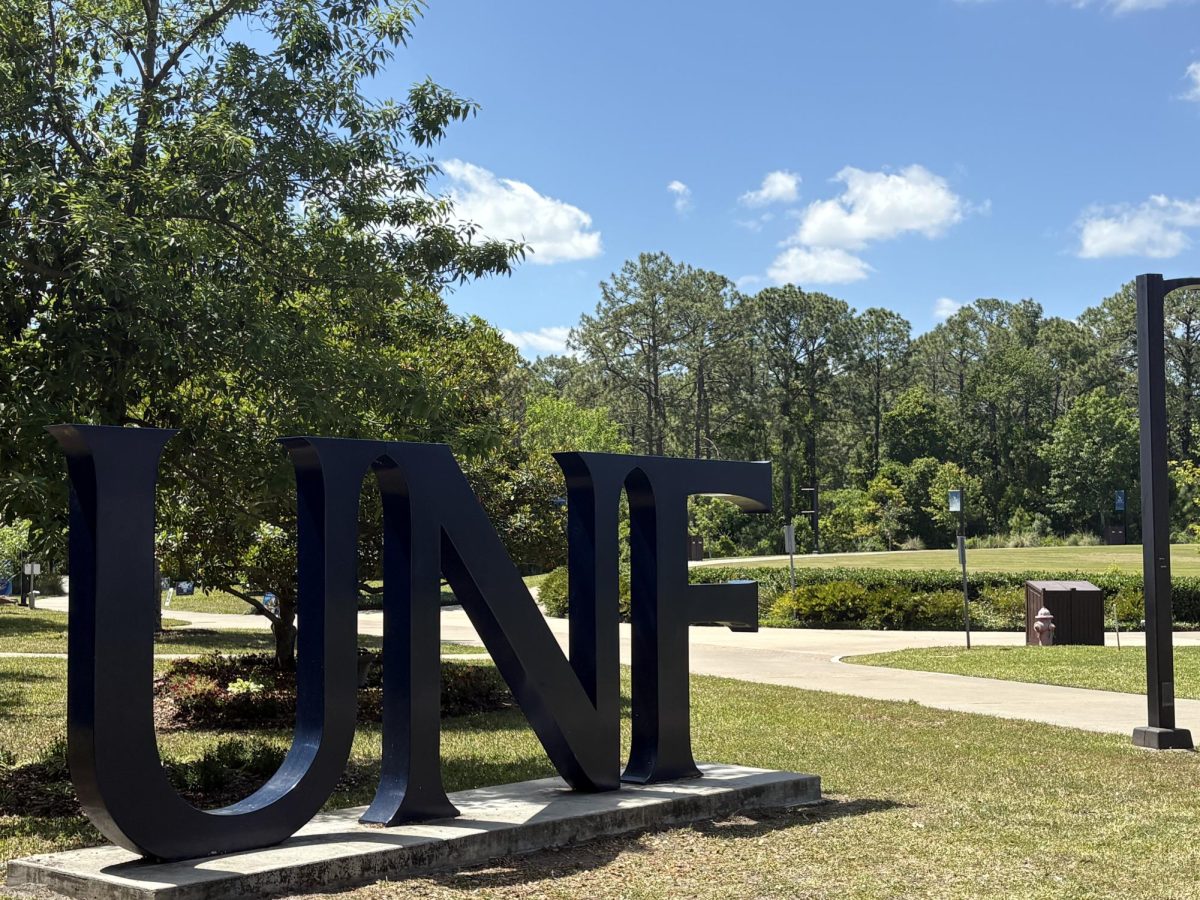On a typical day at UNF, Vladimir Ronda was on campus sitting on the bench, just out of one class and thinking about another, when a preacher came up to him and started a conversation, asking Ronda what he thought of God. Ronda politely declined starting the conversation, saying that he was gay and didn’t agree with the preacher’s beliefs. The preacher then began to verbally harass him, claiming he was going to hell unless he repented, and that there was another way besides being homosexual.
“The experience was genuinely uncomfortable and made me fearful to even be near the Green,” Ronda said. “It wasn’t the first time I was harassed by them. Most of it was just hurtful hate messages that I’ve been hearing my whole life, but having to hear it somewhere I thought was a safe place made me downtrodden. They use the Green to push a hateful message and I think UNF would be much safer without that. I know I would’ve liked to not have to deal with that kind of hate.”
This isn’t the first student to voice their discomfort with preachers on campus. More than 600 students completed surveys put out by the University and Student Affairs Committee and 83.9 percent of the students reported being made uncomfortable by preachers and speakers, with 47.9 percent responding that they are “very uncomfortable” with the matter at hand. Ronda’s story isn’t unique.
According to the same survey mentioned earlier, 64.4 percent non-Christian students and 51.3 percent of women also reported being directly harassed. Of LGBT students who answered, 65.8 percent reported being directly harassed. But an earlier report conducted by the student government found that out of the full-time college students who responded, 53 percent favored protecting free speech.
Zeph Kane, a student who went viral on Twitter after posting a video of a preacher harassing him, explained how the situation happened. “I was walking around the Green and he started yelling slander at me so I just recorded it and Twitter did the rest,” he said. “I honestly don’t care about preachers on campus. I don’t care or believe in anything that they say so I just walk past them. UNF can only do so much. At the end of the day I’m worried about my free speech and its protection so I understand why it’s hard to narrow things down.”
He did, however, have something to say when it came to them simply being on campus. “They don’t have a place on campus in my opinion, but again it’s hard for our institution to do much about it. I think we should keep in mind that what happens at one end will happen at the other so what level of free speech should our students have? Whatever you may answer to that question is important to keep in mind when you think about enforcing policies on campus preachers.”
These numbers show how often these preachers seem to do more harm than good. So why are they allowed? UNF’s Student Government has tried to prevent this harassment from taking place on campus. According to a Student Government bill titled “Resolution on Harassment by Visitors on Florida State University Campuses.” “The goal of this legislation was to create campus cultures that encourage civil discourse and allow students and other people to have disagreements and discussion. The impact of the bill, however, is seen by UNF students across campus.”
Student government has understood that while free speech is an important staple of the school, civil conversations cannot happen with hostile language being used by campus preachers directed at students.
There is also another hurdle Student Government has had to tackle: the State University System of Florida Statement on Free Expression. This is a statement signed by UNF’s President David Szymanski, along with 12 other university presidents, stating that the universities planned to uphold the values of the First Amendment and freedom of expression on campus. Though this at first seems perfectly fine, it also reinforces and upholds the presence of the preachers, no matter how hateful their speech may be.
There is a line, however, that allows for some wiggle-room in this statement. It reads, “Each member of our campus communities must also recognize that institutions may restrict expression that is unlawful, such as true threats or defamation. Because universities and colleges are first and foremost places where people go to engage in scholarly endeavors, it is necessary to the efficient and effective operations of each institution for there to be reasonable limitations on the time, place, and manner in which these rights are exercised.”
These preachers continue to stay on campus, but their hate isn’t unmatched. Student-led protests have started appearing randomly on the green if a preacher is yelling on campus. These students stand across from these preachers, carrying pride flags, and stay until either the preacher leaves or the students have class. Student opinion on these preachers is going down, and despite their First Amendment protection, preachers are being met with more and more resistance.
—
For more information or news tips, or if you see an error in this story or have any compliments or concerns, contact editor@unfspinnaker.com.














